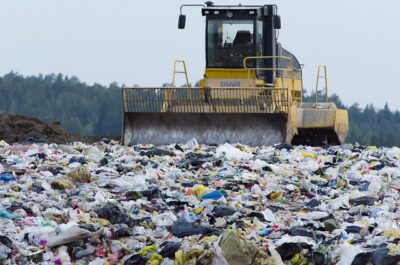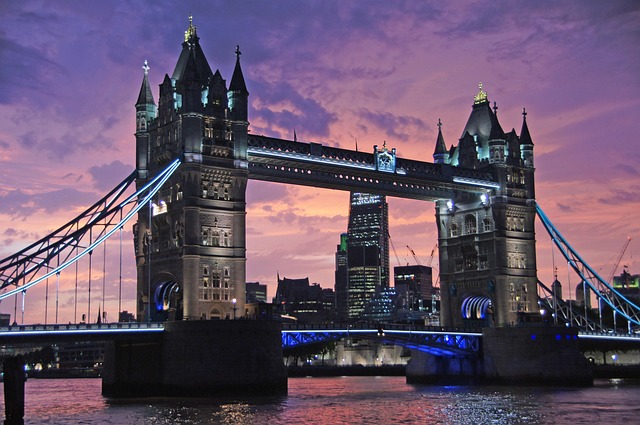 Sweden is at the forefront of waste management and recycling technologies. Most garbage is recycled or incinerated under controlled conditions in heating plants. It was a long time ago that we dumped our rubbish in so-called landfills, where the waste could sometimes burn day and night, and the stench spread across the neighbourhood. However, landfills are still common in other countries, especially outside Europe.
Sweden is at the forefront of waste management and recycling technologies. Most garbage is recycled or incinerated under controlled conditions in heating plants. It was a long time ago that we dumped our rubbish in so-called landfills, where the waste could sometimes burn day and night, and the stench spread across the neighbourhood. However, landfills are still common in other countries, especially outside Europe.
If our rubbish consisted mostly of organic materials, i.e. food scraps, wood, leather, paper, ceramics, then of course these types of dumps would not be as harmful to the environment. It is the artificial materials that cause problems, such as various plastics, rubber, aluminium, etc. And a lot of things nowadays (especially packaging but also the products themselves) are made of plastic. Sometimes you wonder why there are no restrictions in the first stage, but mostly in the subsequent stages for plastic materials.
It is allowed to produce plastic packaging, but not allowed to throw it in the household waste, it should be sorted properly. Wouldn’t it be easier to legislate against packaging that contributes to pollution and toxins when incinerated? Instead of placing the restrictions on the consumer? In addition, the consumer has little choice, the goods in a shop are often packed in similar packaging, there are few or no environmentally friendly alternatives.
However, things have moved on and we now have, at least in theory, the possibility of producing degradable plastics or plastic-like materials. And there is a greater awareness of plastics in our environment. But sometimes it fails, such as when some governments impose punitive taxes on all plastic bags, even those made from harmless or degradable materials. In these cases, policies and environmental awareness have become symbolic, doing things because they are perceived or feel right. Meanwhile, some countries, particularly in Asia and Africa, continue to pollute the planet with hazardous waste. Instead, earmarking aid or favourable loans to these countries to develop their waste management would probably do more good than a domestic plastic bag tax or a ban on straws.
We should also note that waste can not only be toxic and dangerous, but also contribute to the degradation of nature. Rubbish is something we do not want to see, it is ugly and disgusting, it should be cleaned up quickly and recycled or incinerated. We humans should preferably leave no traces whatsoever in the landscape, the ideal is a beautiful untouched nature that has not been affected by humans.
Life is probably something unique in the universe. 99.99% of the universe is certainly dead matter, minerals, gases, etc. Therefore, we should watch over the life we know of. And also our own lives, because humans are so far the most advanced form of life we know. And even our simple garbage would certainly puzzle and interest an alien civilisation, they would search methodically and invest huge amounts of money to find and investigate it. And we humans would also consider a discarded alien plastic container as the find of the century.
In other words, what we humans leave behind is fairly unique, as most of the universe is made up of inanimate rocks. And we produce everything from plastic bags to Gothic cathedrals to jet aeroplanes. One day it will all be turned into garbage or ruins, unique remnants of a presumably great civilisation.







